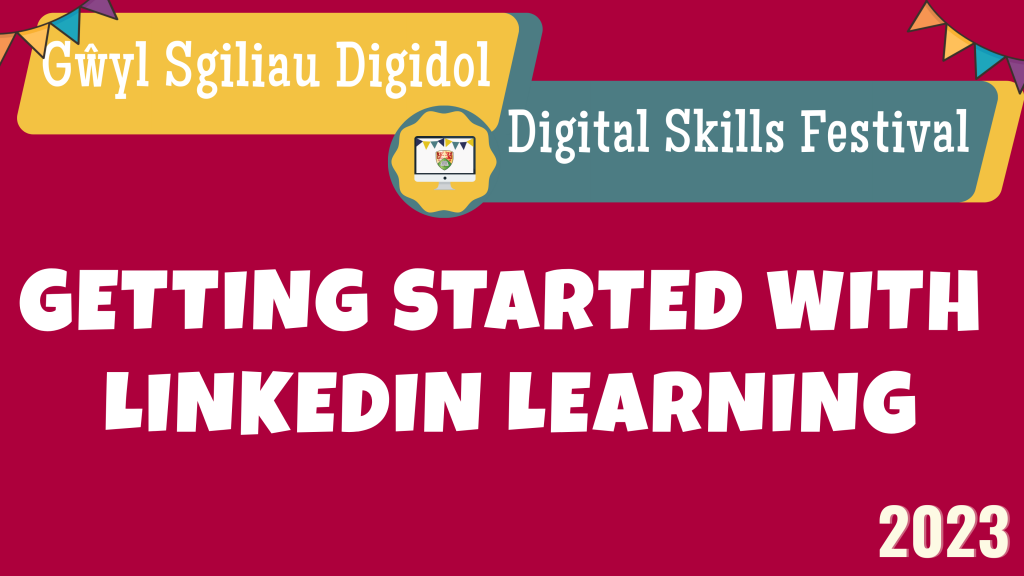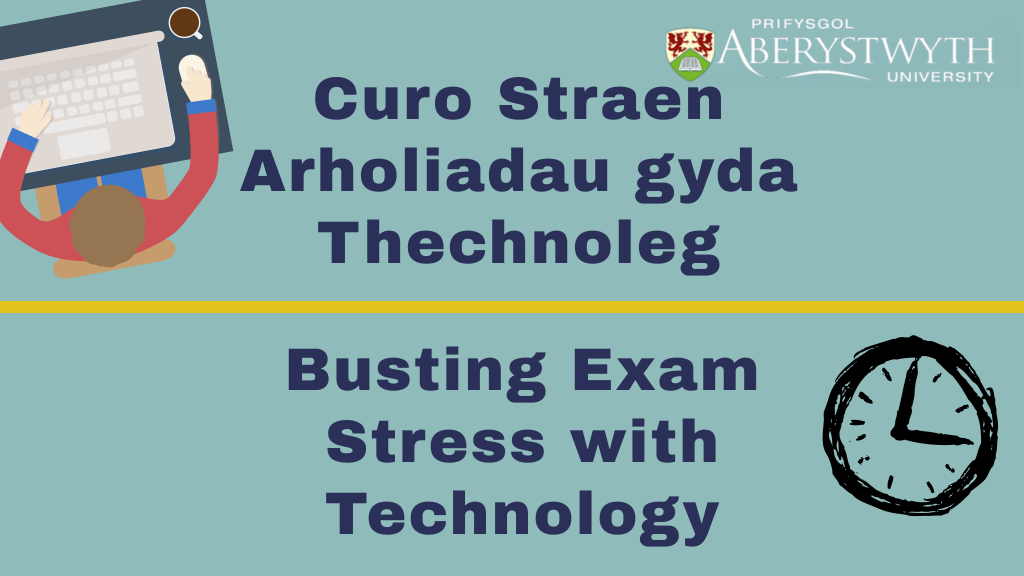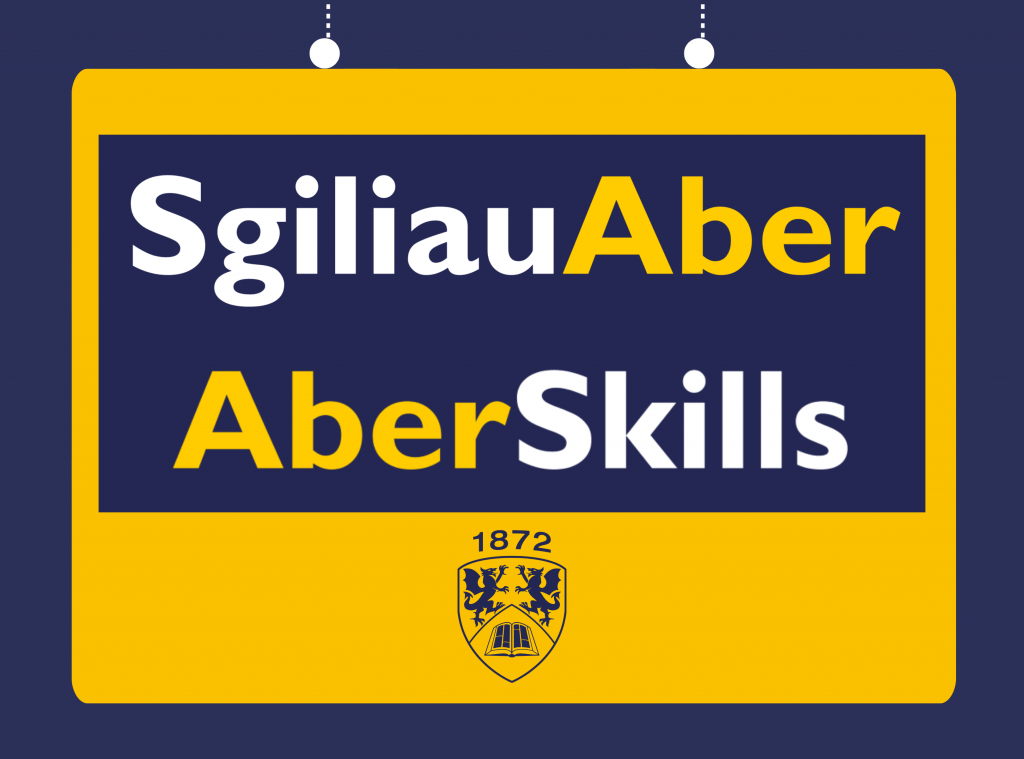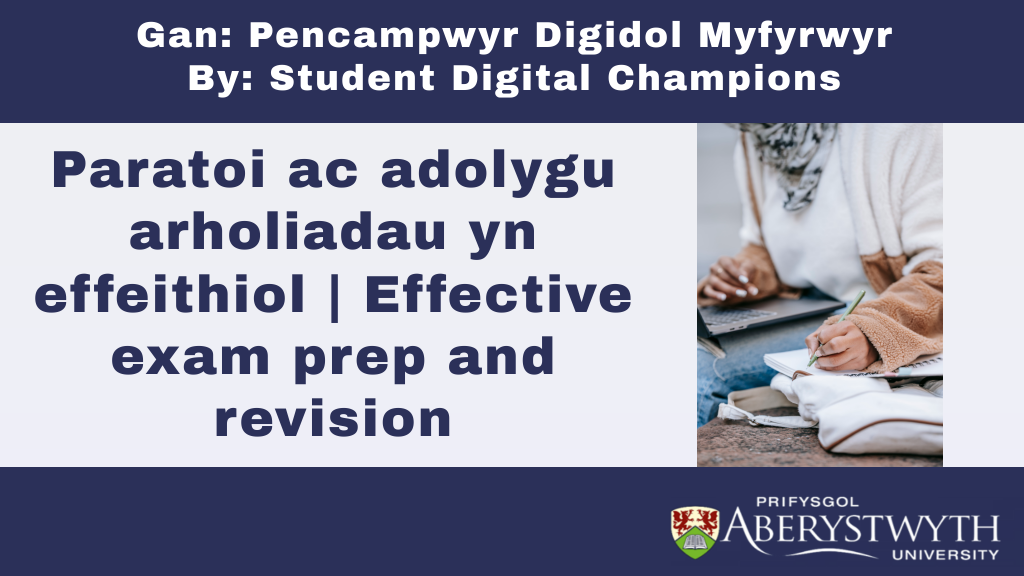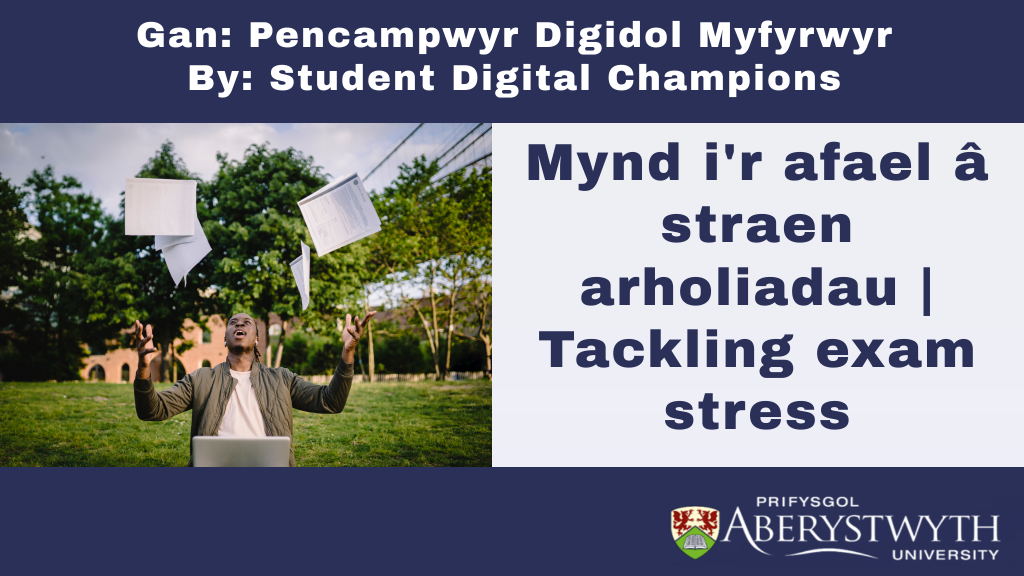Blogpost by Shân Saunders (Digital Capabilities and Skills Development Coordinator)

As the summer break approaches, did you know that if you are a current AU staff or student you can continue to learn and develop new skills with LinkedIn Learning. There may be a particular skill that you are looking to develop, or you might be interested in searching for specific skills you may need for future employment. And now, with the LinkedIn Learning app, you can learn wherever you are and while on the go. The app includes the ability to download courses to continue learning while offline or to engage with courses as audio only. For more information on the new features and how to learn on the go, read our previous blogpost: Get mobile with the LinkedIn Learning app! 📲 | (aber.ac.uk)
Note for graduating students: you will have access to your LinkedIn Learning account while you are still a student, but you will lose access once you graduate, so make sure to download your certificates while you can. Learn how to do this by reading our previous blogpost about adding certificates to your personal LinkedIn account.
You can learn more about the features on LinkedIn Learning including adding certificates to your LinkedIn profile and more through the Digital Skills Festival session: Getting Started with LinkedIn Learning – Digital Skills Festival 2023 (6 – 10 November) (aber.ac.uk)
If you have any questions about using LinkedIn Learning please contact the Digital Skills Team at digi@aber.ac.uk or view the LinkedIn Learning FAQ: How do I use LinkedIn Learning? (aber.ac.uk).




